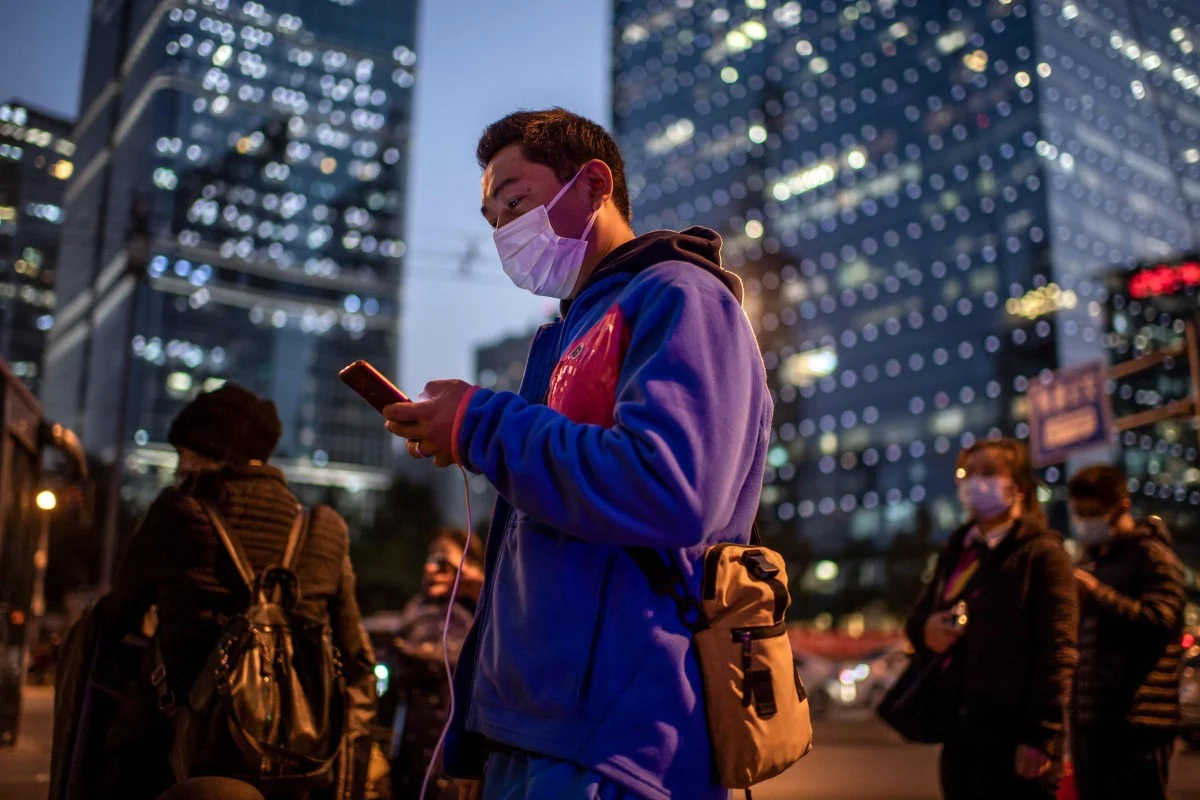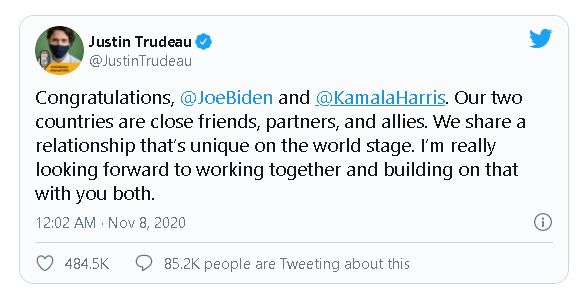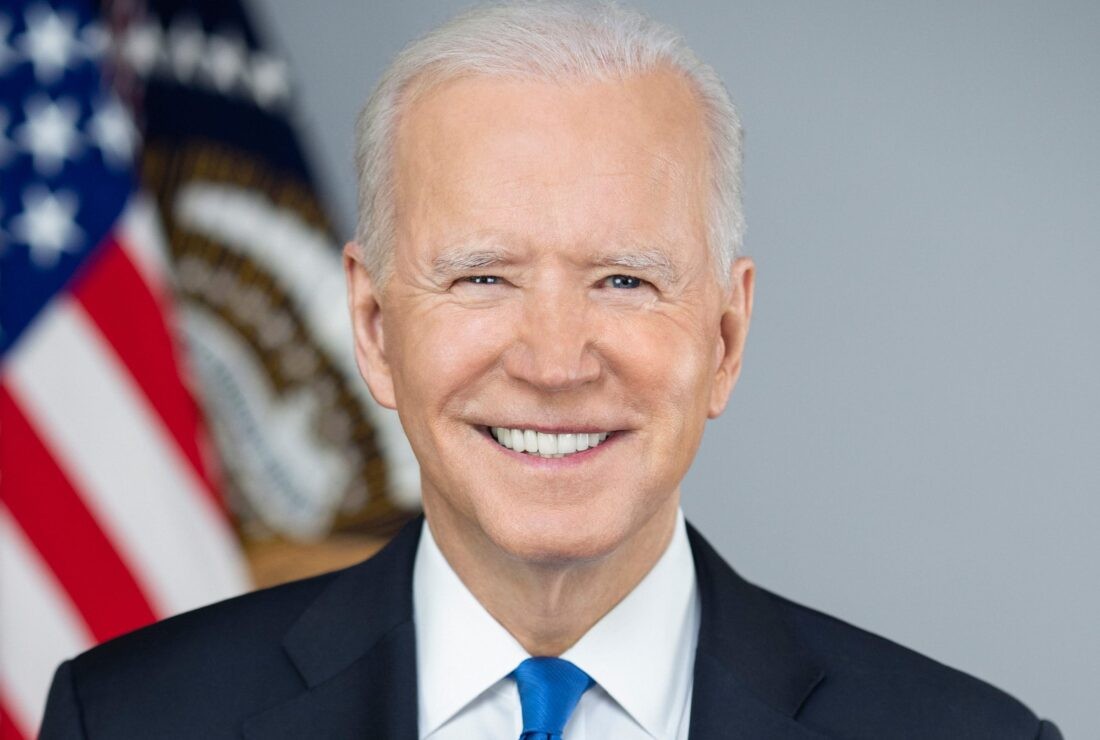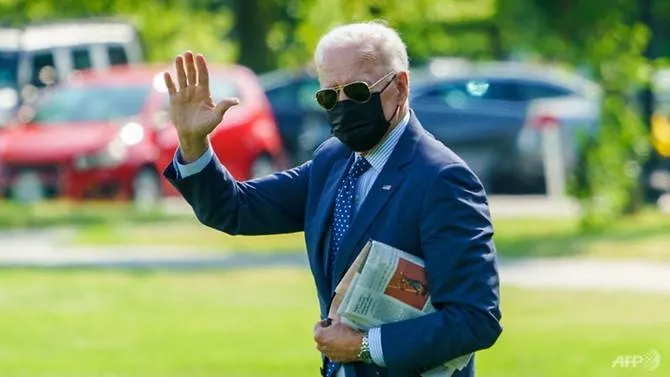China congratulates Joe Biden on Presidential victory, yet few US policy changes reported
| Why hasn’t China congratulated Joe Biden as President elected? | |
| Joe Biden becomes the hottest topic on Chinese social media platforms | |
| World leaders congratulate Joe Biden for election victory |
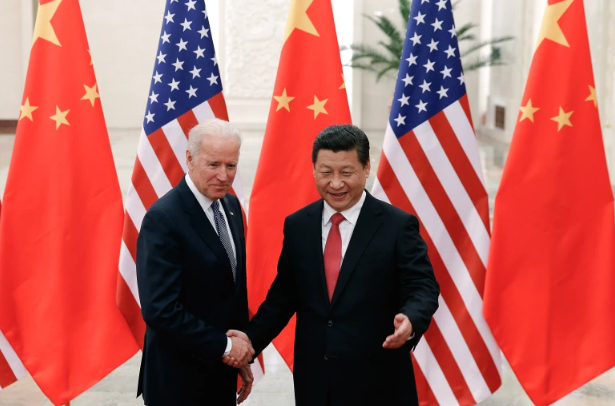 |
| Analysts say it is uncertain if US-China relations will improve under a Biden administration (Photo: EPA) |
China's congratulatory message to Joe Biden
According to The Guardian, on Friday, nearly a week after Biden was declared the winner, foreign ministry spokesman Wang Wenbin commended the Democratic candidate and his running mate, Kamala Harris.
| “We express our congratulations to Mr. Biden and Ms. Harris,” Wang Wenbin, a spokesman for China’s Ministry of Foreign Affairs, said at a daily news conference, referring to Vice President-elect Kamala Harris. “We respect the choice of the American people. We understand the results of the US election will be determined according to US laws and procedures.” |
The comments stand in contrast to when the Chinese leader, Xi Jinping, personally congratulated Trump on his 2016 win the day after the election, and highlight uncertainty in ties between the two global powers.
Observers say the delay is probably the result of Beijing treading with caution as Trump refuses to concede the election. The US-China relationship has reached its lowest point in decades and there appears to be tentative optimism that tensions will ease slightly under a new administration.
Shortly after Biden’s win following days of ballot counting in several swing states, numerous US allies offered congratulations, while the leaders of China and Russia were among conspicuous holdouts.
In 2016, Chinese President Xi Jinping sent congratulations to Trump on November 9, a day after the election, Al Jazeera said.
Few changes in US policy
| As reported by AP, political analysts expect Biden to try to resume cooperation with Beijing on climate change, North Korea, Iran and the coronavirus. And they say Biden might pursue a more traditional, predictable policy toward China. However, economists and political analysts expect few big changes due to widespread frustration with Beijing’s trade and human rights record and accusations of spying and technology theft. “A tough stance on China has broad support across the U.S. political spectrum,” Louis Kuijs of Oxford Economics said in a report this week. “Biden’s own pronouncements and policy program suggest he will continue to try to maintain the U.S. technological lead and to attract manufacturing activity.” Some forecasters suggest the change from Trump, who rejected multilateral alliances, to Biden might increase pressure on China if Washington forms a coalition with other developed countries to push for policy changes. |
China has tried to recruit Germany, France, South Korea and other governments as allies against Washington but all have refused. They criticized Trump’s trade tactics of surprise tariff hikes, which also were used against allies, but echo U.S. complaints that China is violating its free-trade commitments.
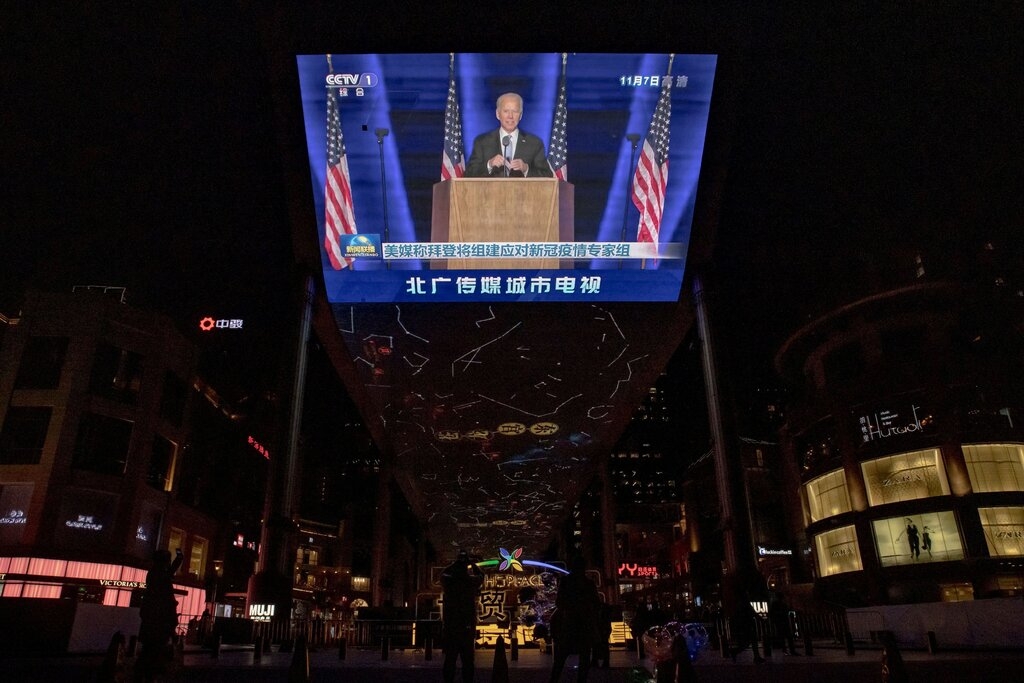 |
A state media broadcast in Beijing on Sunday showing President-elect Joseph R. Biden Jr. delivering his victory speech. (Photo: Reuters) |
Some Chinese trade experts have suggested Beijing might try to renegotiate the “Phase 1” agreement signed in January as a first step toward ending the trade war. It calls for China to increase purchases of U.S. goods in exchange for postponing further tariff hikes. But that came before the coronavirus derailed global trade, leaving China behind on meeting its commitments.
Renegotiation might fit a “more strategic, longer-term orientation” expected from a Biden administration, but he “cannot be seen to be ‘soft’ on China” after the “hard rhetoric” of the campaign, Kuijs said.
Chinese leaders were quieter during this year’s election than in the 2016 presidential race, when they favored Trump over former Secretary of State Hillary Clinton. They disliked her for carrying out then-President Barack Obama’s foreign policy, which included pressuring Beijing on human rights. Trump’s public image of business success resonated with the Chinese public.
The White House has lobbied allies to exclude telecom equipment giant Huawei Technologies Ltd., China’s first global tech brand, from next-generation telecom networks on security grounds. Huawei’s access to American components and technology was cut off over the past year, threatening to cripple its global sales.
US-China tensions
Relations between China and the US are at their worst in decades over disputes ranging from technology and trade to Hong Kong and the coronavirus. The Trump administration has unleashed a barrage of sanctions against Beijing.
The two clashed in a bruising trade war over US demands, including greater access to China’s markets, broad reform of a business playing field that heavily favours Chinese firms, and a loosening of heavy state control by Beijing.
 |
| (Photo: EurAsian Times) |
In January, a deal was signed between the two – bringing a partial truce that obliged Beijing to import an additional $200bn in American products over two years, ranging from cars, machinery and oil to farm products.
Trump has also turned its gun on Chinese tech firms he says pose security threats, including video-sharing app TikTok – owned by Chinese parent company Bytedance – and mobile giant Huawei.
But it is far from certain that relations will improve under a Biden administration, with the Democrat outspoken during his campaign on China’s dismal human rights record.
During a Democratic Party primary debate in February, Biden called Chinese President Xi Jinping a “thug”.
His presidential campaign has also referred to the crackdown on the Muslim Uighur minority in China’s Xinjiang as a “genocide” – a campaign Beijing defends as vocational training to counter the threat of “terrorism”, according to Al Jazeera.
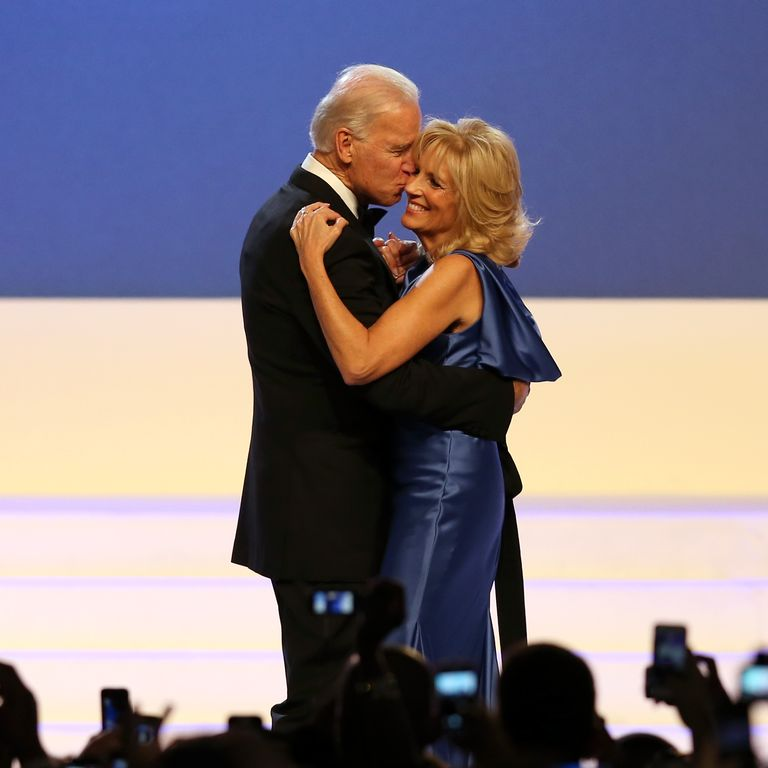 | Who is Jill Biden? A Lady of the American sweet love story couple Dr. Biden will make history as the first FLOTUS with a full-time teaching job. She is still an educator who worked full-time during Joe Biden's ... |
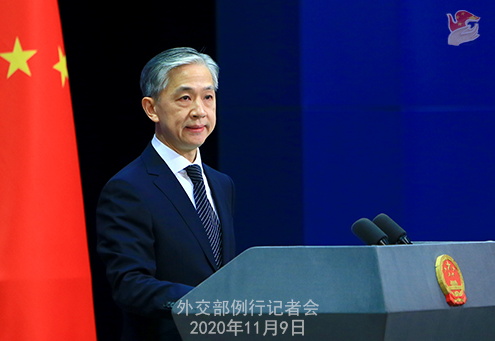 | Why hasn’t China congratulated Joe Biden as President elected? When asked why China has not yet congratulated US new President-elected Joe Biden, the Chinese Foreign Ministry replied that Beijing would follow international practice. |
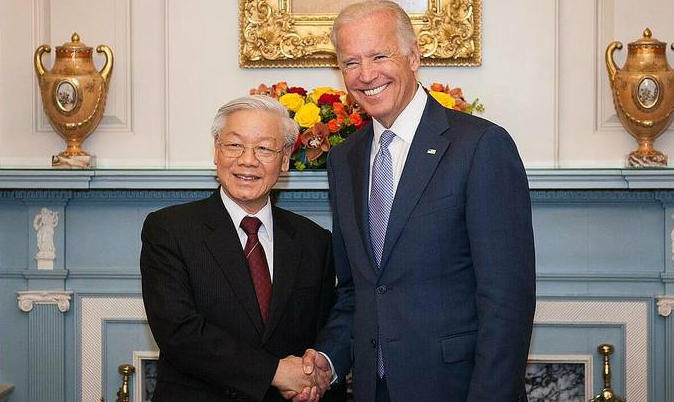 | Biden economic policies likely to advance Vietnam, said analysts The possible revival of a major trade pact and a less aggressive policy on currency manipulation will benefit Vietnam when Joe Biden assumes the U.S. ... |
Recommended
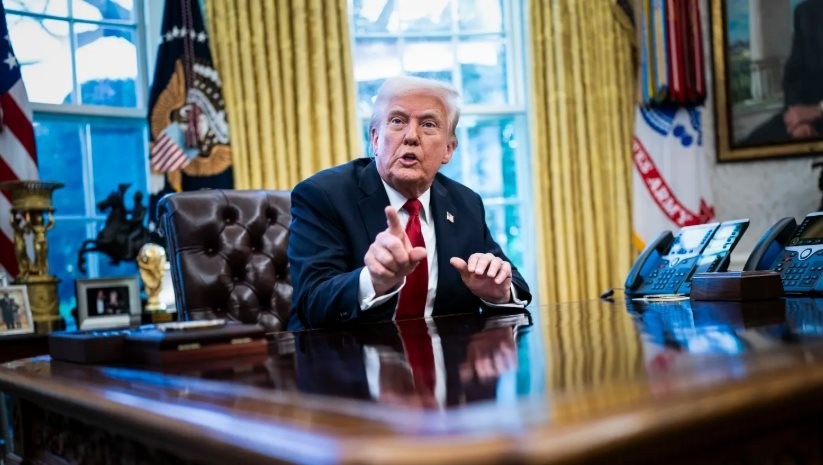 World
World
US President Donald Trump: Reciprocal Tariffs Will Target All Countries
 World
World
Negotiation Over Confrontation: Countries Taking Cautious Approach to US Tariffs
 World
World
International Community Extends Support to Myanmar and Thailand Over Earthquake
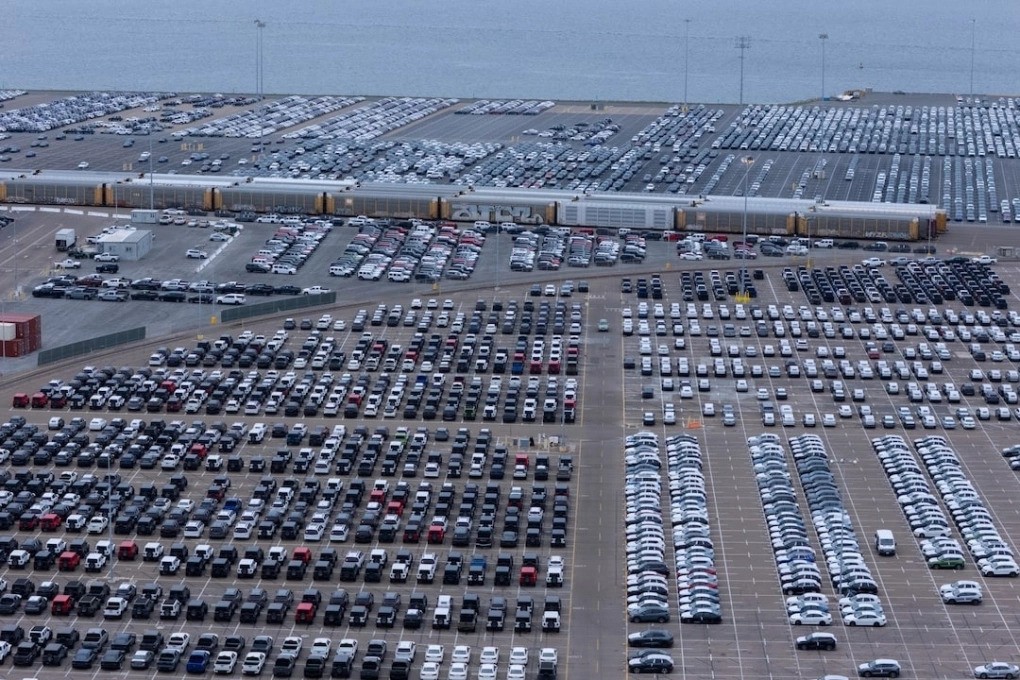 World
World
Trump’s 25% Tariff: "Seismic Shock" to Global Auto Industry
 World
World
EU Will "Fight Fire with Fire" in Trade War with US?
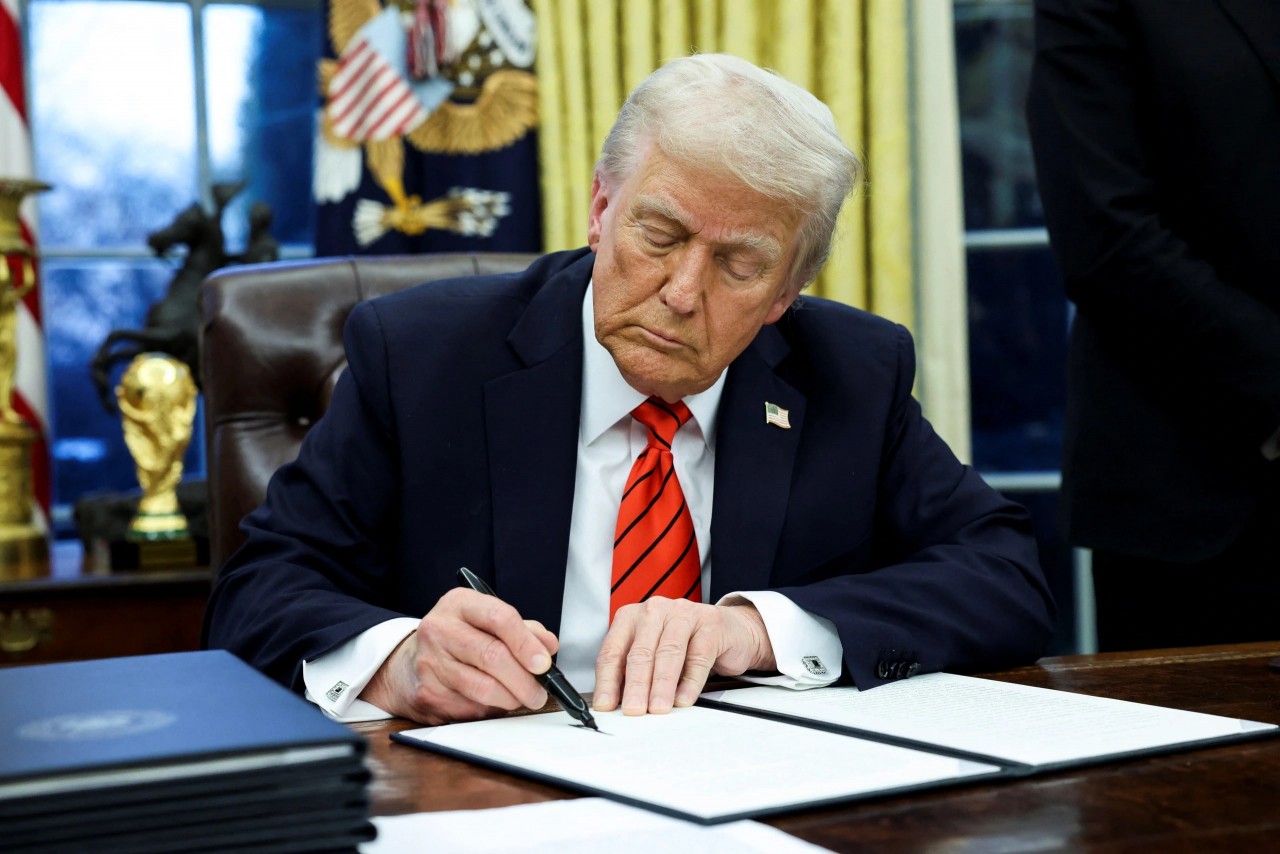 World
World
Understanding Trump's Tariffs in Five Charts
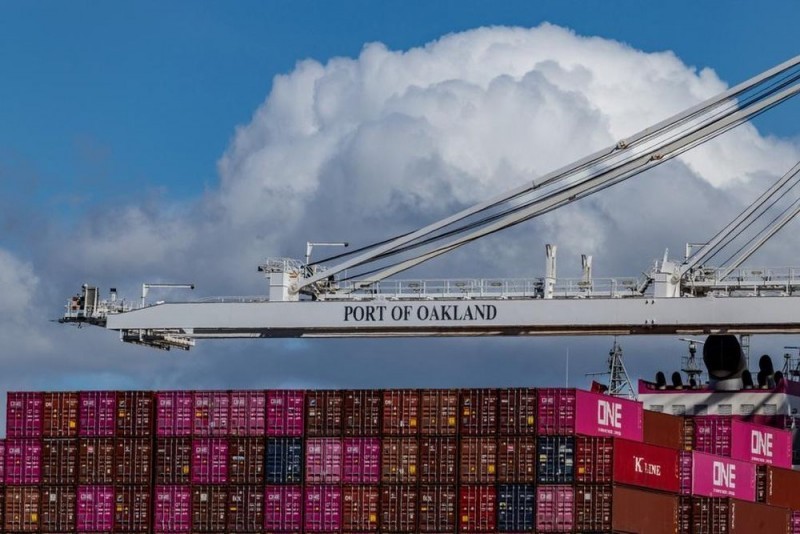 World
World
US Businesses Struggle Amid Trump's Unpredictable Tariff Policies
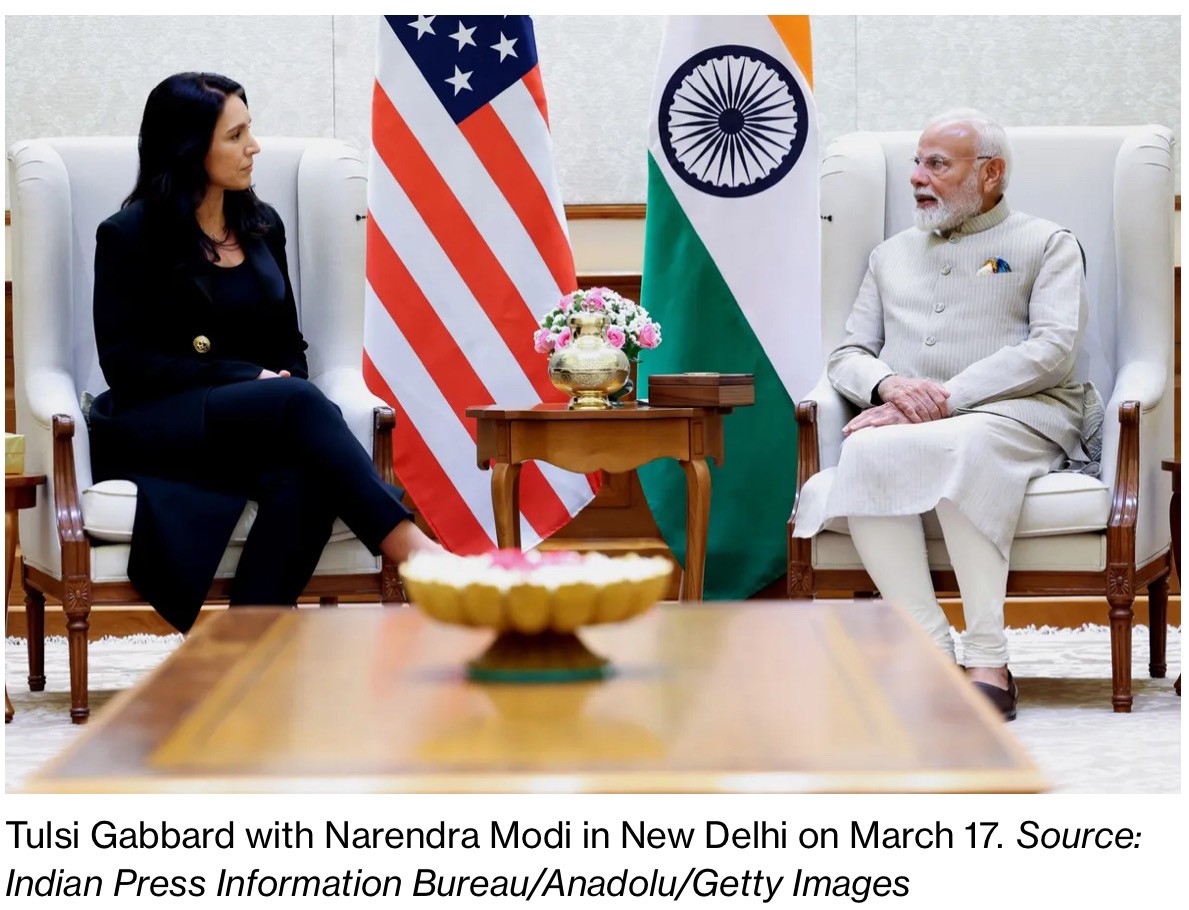 World
World

